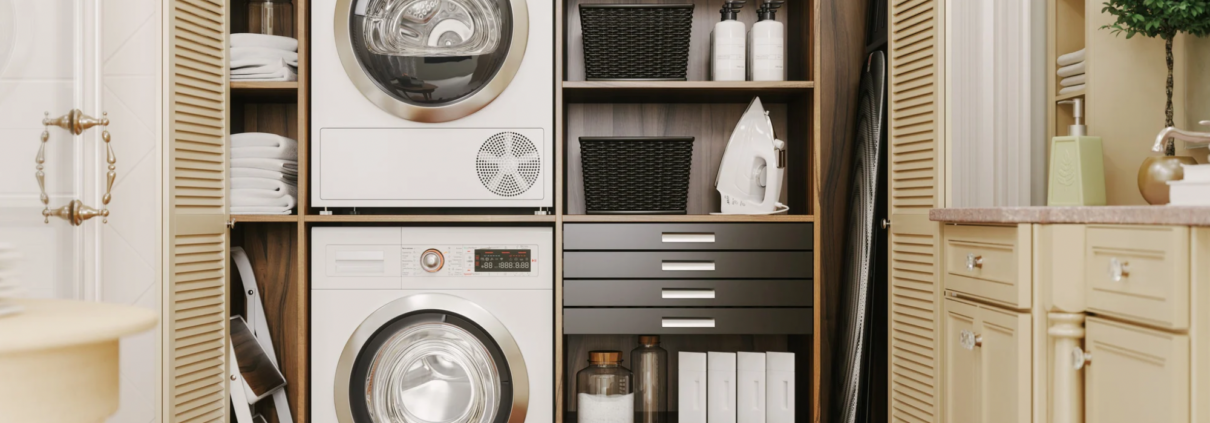The Lifespan of Household Appliances: When to Start Budgeting For Replacement
In the realm of home management, appliances play a pivotal role in our daily comfort and convenience. From the refrigerator that preserves our food to the washing machine that keeps our clothes clean, these machines are the unsung heroes of our domestic lives. However, as with all things, they have a finite lifespan. Understanding the life expectancy of your household appliances is crucial for budgeting for replacements and making informed decisions about repairs versus purchasing new models.
Refrigerators: The refrigerator, a centerpiece in any kitchen, typically has a lifespan of around 14 years. To ensure it reaches its full potential, regular maintenance such as cleaning the coils and ensuring a proper seal on the door is essential. If your fridge is nearing the two-decade mark, it might be time to start looking for a more energy-efficient model.
Stoves and Ovens: Gas stoves can serve you well for 10 to 18 years, while their electric counterparts usually last 13 to 15 years. The key to longevity is routine cleaning and avoiding the use of abrasive materials that can damage the surface. If you notice inconsistent heating or a flickering flame, it may be a sign that your stove is on its last leg.
Washing Machines: A washing machine’s life expectancy hovers around 11 years. To extend its life, avoid overloading the machine and use the appropriate amount of detergent. If you start to hear strange noises or see leaks, it could be an indicator that it’s time for a repair or replacement.
Dryers: Whether gas or electric, dryers typically last about 13 years. Cleaning the lint trap after every use and ensuring proper venting can help prevent fires and extend the life of your dryer. If it starts taking longer to dry clothes or you notice it’s running hotter than usual, it might be time for a check-up.
Dishwashers: Dishwashers have a shorter lifespan, averaging around 9 years. To keep them running smoothly, clean the filters regularly and ensure that the spinning arms are free from debris. If dishes are consistently coming out dirty, it could be a sign that your dishwasher is losing its effectiveness.
Microwaves: Microwaves generally last about 9 years. Keeping them clean and avoiding slamming the door can help prevent damage to the latch and extend their usability. If your microwave starts making unusual sounds or doesn’t heat food evenly, it may be time for a replacement.
Freezers: Freezers can last anywhere from 10 to 20 years, depending on the model and maintenance. Defrosting regularly and keeping the seals tight are important for efficiency and longevity. If your freezer isn’t keeping food frozen solid, it’s a clear sign that something’s amiss.
The Bottom Line While these are average lifespans, the actual longevity of your appliances can vary based on usage, maintenance, and quality. Investing in higher-end models and adhering to a regular maintenance schedule can often extend the life of your appliances beyond the average expectancy. However, when repairs become too frequent or costly, it may be more economical in the long run to invest in a new appliance.




Leave a Reply
Want to join the discussion?Feel free to contribute!